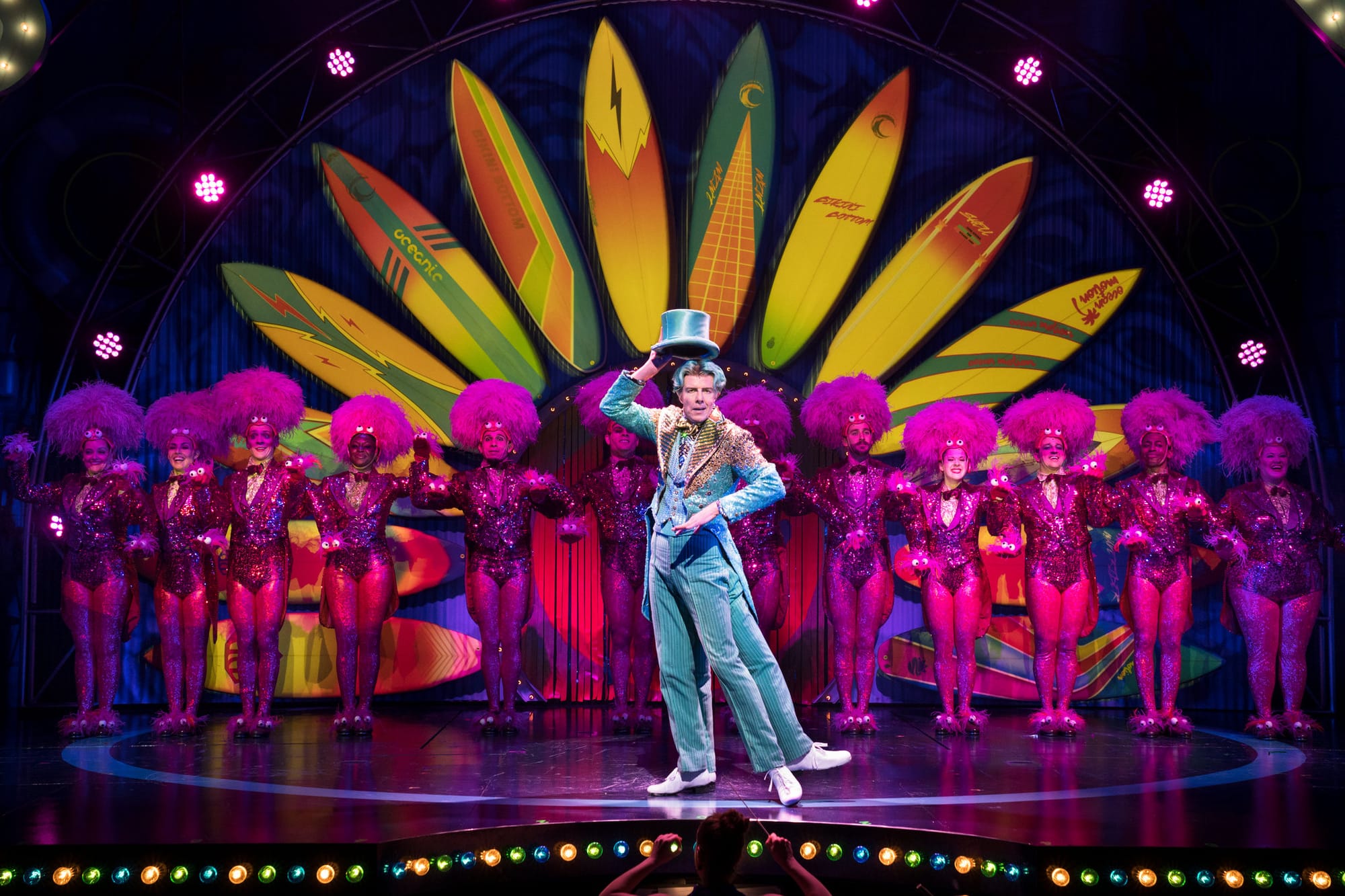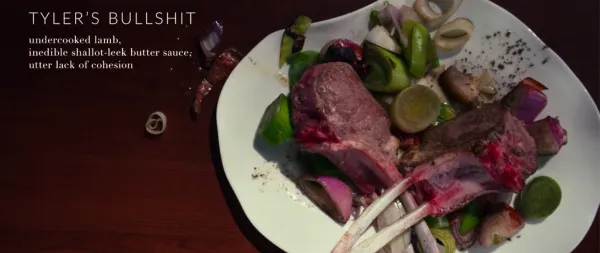Spirals
Spirals go in both directions. Strap in, and don’t forget to use your turn signal.

If I were to invite you to share one or two of the most meaningful and memorable experiences you’ve ever had, what immediately comes to mind?
When I say meaningful and memorable experiences, I don’t necessarily mean “pleasant”—sometimes experiences that turn out to be profound feel unpleasant as they unfold. I’m talking about experiences, good or bad, that were impactful. Defining. Elevating. Empowering. Liberating.
What did these experiences feel like for you when you were right in the middle of them? How did they change or motivate you? What set them apart from your usual day-to-day experiences?

In my previous post, I talked about how important it is to facilitate high quality experiences for myself and for others. The best and most practical way that I have found to achieve that is to notice and appreciate experiences that are particularly elevating, empowering, and/or liberating as they unfold, as well as to notice when my experiences feel less engaged and empowering. When I am aware that things are going well, I am better able to keep flowing along with them. I am also less likely to interfere with my experiences by judging or trying to tweak them.
For example, when I am aware that my singing is proceeding freely and expressively, I can just keep singing, rather than monitoring my sound or second-guessing my technique. When I am aware that things are not going so well— perhaps I sense some resistance in my throat, or fluctuations in the quality of my resonance—I can nevertheless still enjoy a very high quality experience with my singing practice. I can explore the sensations and movements that seem to accompany the resistance or fluctuations I am noticing, and use that information to practice in a way that yields less resistance and greater continuity. The more heightened my awareness, the more enjoyable and effective my practice sessions will be. This doesn't mean that when things are not going so well that I will never spiral into self-criticism and pessimism (is that a triple negative?).

It means that if I do spiral into self-criticism and pessimism, I can improve the quality of my experience by noticing the way the spiraling impacts my thoughts and body sensations.
For me, singing is a practice—an end in itself, rather than something I do in order to, e.g., advance my career. I enjoy singing. It helps me heighten my focus, awareness, and interoception. It makes me feel more connected to my feelings, and makes me better able to express them. When there are things I want to be able to do that will require more practice, it helps me to become more accepting of myself and to learn more about my own learning process. The more I am able to enjoy singing as a practice in and of itself, the swifter my progress, and the more I am also able to enjoy the assorted outcomes of my singing practice—taking more pleasure in performance, becoming a more effective teacher, and so on.
I believe that this is also true for my students. When they are able to bring heightened focus, awareness, and interoception to their lessons, practice, and performance, they improve faster and enjoy the process more. They also spiral into self-criticism and pessimism less frequently, and when they do, they may notice it in a way that pulls them out of the spiral.
I also believe that teaching in a way that helps singers deepen their awareness and self-acceptance is even more important than whatever pedagogical content gets covered in the lesson.
I began this post by inviting you to recall some significantly meaningful, memorable experiences, that may or may not be pleasant. My early voice teachers did not teach in a way intended to facilitate deeper awareness and self-acceptance in their students. The incompetence and unkindness of these teachers facilitated for me an intensely meaningful, memorable, and very unpleasant reckoning with the state of conservatory vocal education. It changed me, and it motivated me.
I’m not going to dump on music academe right now (please see my back catalogue if you’re seeking catharsis). I am using this reckoning I experienced to demonstrate that when a significant, meaningful experience unfolds, it is like the cumulative ripening of everything that came before it. This was an extraordinarily defining, empowering moment for me. It was born from my lifelong passion for musical expression, my deep fascination with biomechanics, every good and bad experience I’d ever had with a teacher, and many years of therapy. In that moment, I fully owned everything I loved and despised about myself, my voice teachers, academe, and the opera world, and it has informed every decision I have made about my life, pedagogy, and career since.
Is that where you thought I was going with this? It sure took me by surprise!
Anyway, I can’t facilitate an experience like that for a student, or for anyone. But I can facilitate high quality experiences for my students. Those experiences will encourage them to become increasingly self-aware and self-accepting. In the aggregate, those experiences will be the little ones that cumulatively lead to the big, empowering experiences that will shape their lives.
How do I recommend facilitating high quality experiences in the voice studio? It has to do with holding space for yourself and your student, to help them feel safe, seen, and supported (or safe telling you that they don’t), no matter what comes up. I will talk more about that in my next post, and why the process is as much a practice for me as singing is.






